India’s England-born coach Stephen Constantine on his struggle for recognition in his homeland
‘Do you think I couldn’t manage in the Championship?'
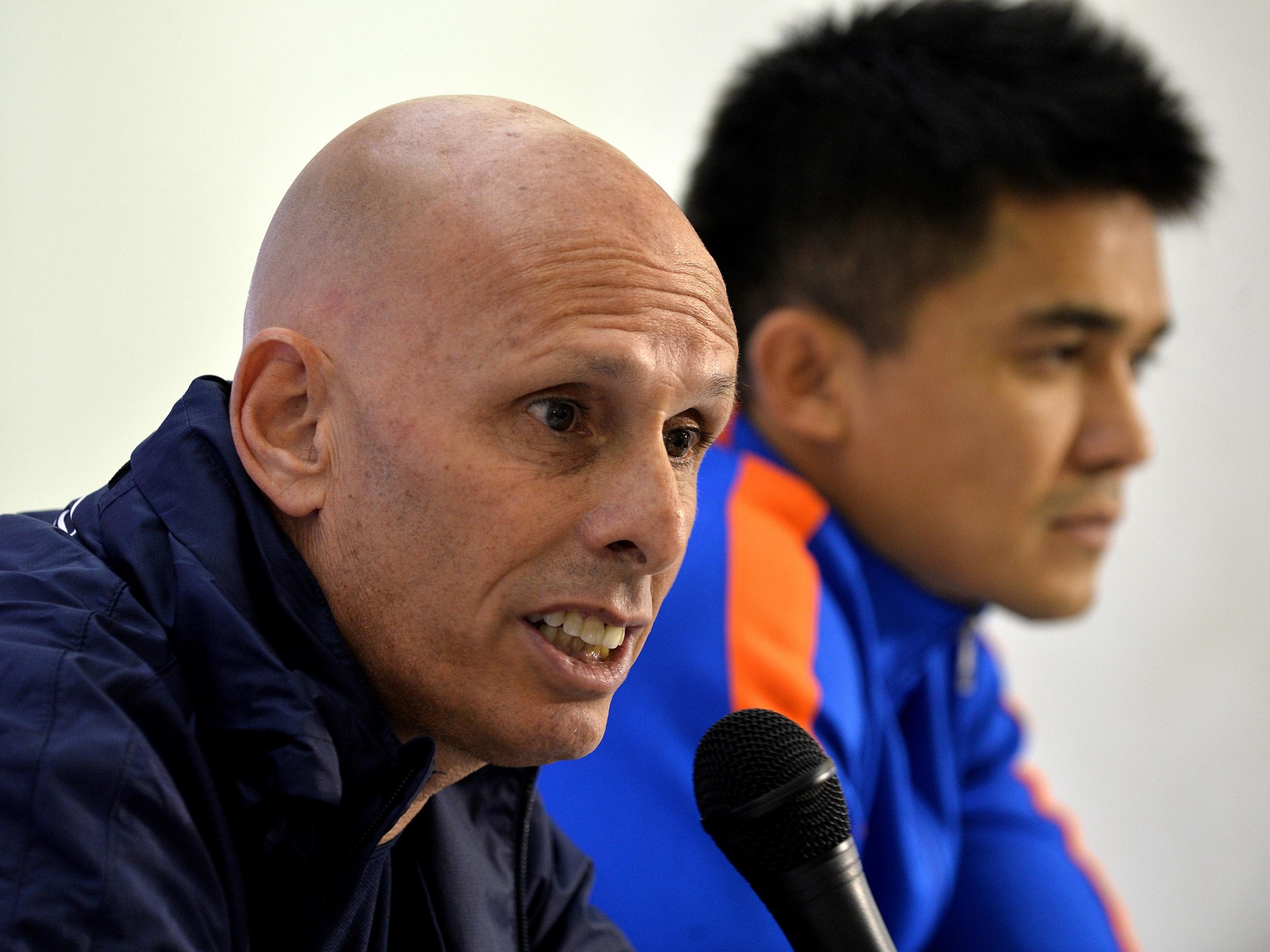
Your support helps us to tell the story
From reproductive rights to climate change to Big Tech, The Independent is on the ground when the story is developing. Whether it's investigating the financials of Elon Musk's pro-Trump PAC or producing our latest documentary, 'The A Word', which shines a light on the American women fighting for reproductive rights, we know how important it is to parse out the facts from the messaging.
At such a critical moment in US history, we need reporters on the ground. Your donation allows us to keep sending journalists to speak to both sides of the story.
The Independent is trusted by Americans across the entire political spectrum. And unlike many other quality news outlets, we choose not to lock Americans out of our reporting and analysis with paywalls. We believe quality journalism should be available to everyone, paid for by those who can afford it.
Your support makes all the difference.Like many football obsessives, Stephen Constantine has relentlessly chased his managerial dreams while playing Football Manager for “hours and hours”.
Yet when the proud Englishman finally fulfilled his long-cherished ambition of managing a leading club in his homeland, his joy was shortlived.
“I lost a few games at Brighton and they sacked me,” he says. “I couldn’t believe it.”
Constantine laughs wryly when he considers that this ill-fated computer game adventure could be the closest he has come to managing in England.
But at least the 54-year-old Londoner can comfort himself that he has actually become a football manager in real life – and compiled a noteworthy CV.
He is currently in his second spell of managing India, having previously been in charge of Nepal, Malawi, Sudan and Rwanda – and several sides in his father’s native Cyprus.
His new autobiography, ‘From Delhi to the Den’, documents his remarkable career of working in four continents and enjoying an unrivalled taste of life’s rich tapestry.
Billed as ‘the story of football’s most travelled manager’, the book contains a multitude of colourful episodes, from hugging a pitch-invading prince in Kathmandu to being warned to skip a match in Sudan for his own safety.
Yet Constantine’s footballing odyssey has also been defined by the frustration of never being given the opportunity to prove himself at home – despite a litany of applications and interviews.
Aside from his forgettable Football Manager stint, Constantine’s main English experience has been confined to a spell as Millwall’s first-team coach in 2005/6 (hence ‘the Den’ in his book’s title).
And that’s despite his wealth of experience and qualifications – he holds the Uefa Pro-Licence and has helped train coaches worldwide as a Fifa instructor.
“In the early part of my career, I was begging English clubs to give me the time of day,” he tells The Independent in an exclusive interview. “I must have applied to half the full-time teams in England. But I am not hung up if I never come to England. I don’t have to come to England. I wanted to come to England.”
To corroborate his conviction, Constantine reveals he rejected an approach from Port Vale last year for various reasons, including the fact that the League Two outfit had only seven contracted players.
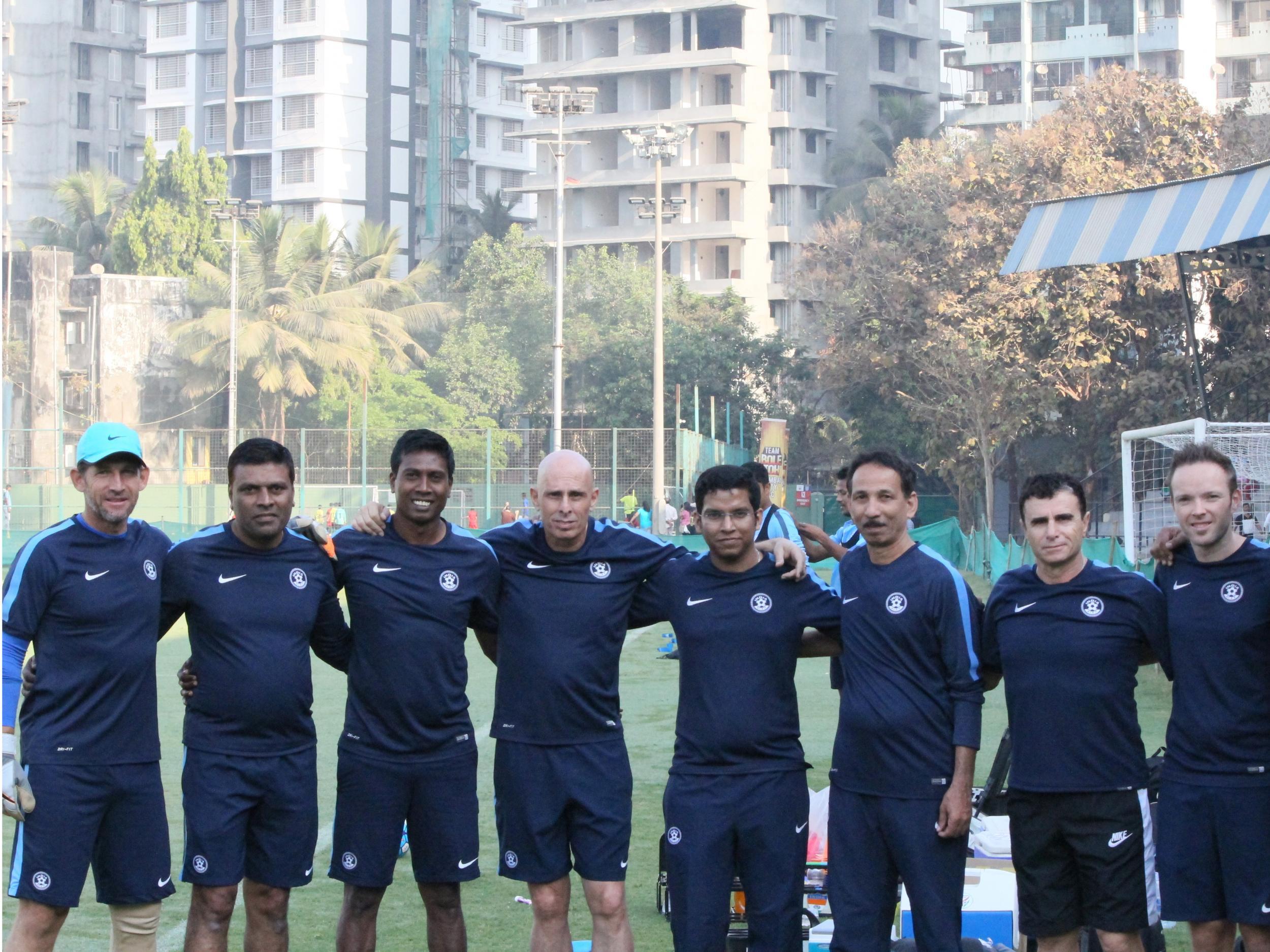
“I had worked all over the world and done things most coaches only dream of,” says Constantine, whose playing career was ended at the age of 26 when he snapped a knee ligament after representing the Pennsylvania Stoners and New York Freedoms in the United States. “I didn’t need a Football League club to validate my career.”
The notoriously myopic world of English football, where big names and reputations rule, means he remains largely unknown here despite his exploits abroad.
How would he sum up his qualities and achievements to the uninitiated?
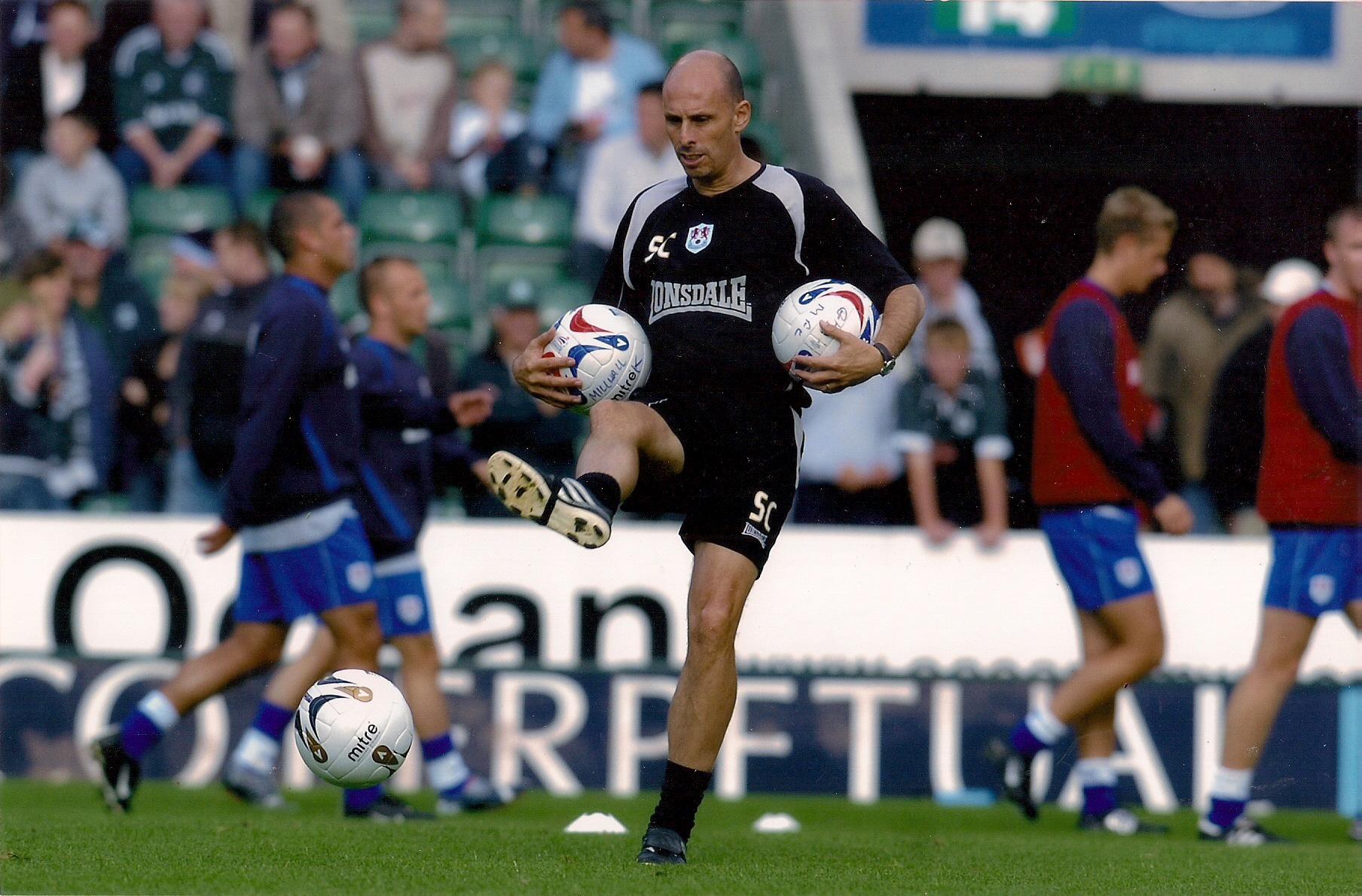
“How do you sum up or judge a coach?” Constantine replies. “Is it by trophies won? Is it by promotions or games won or games lost?
I think it’s very, very difficult to do that.
“What I’d say is look where I’ve been and the resources I’ve had or not had, and the state of the national associations and/or predicament the clubs have found themselves in, and then judge.
“I think one of my strongest points is I get the best out of players. If you look at my most recent role, when I came to India they were 174 in the Fifa world rankings in 2015. We are now 96. We don’t have a stable league. There is no real youth development to speak of. I have one player who is a back-up goalkeeper in Norway. I don’t have the [luxury] of my players being fed and coached properly.
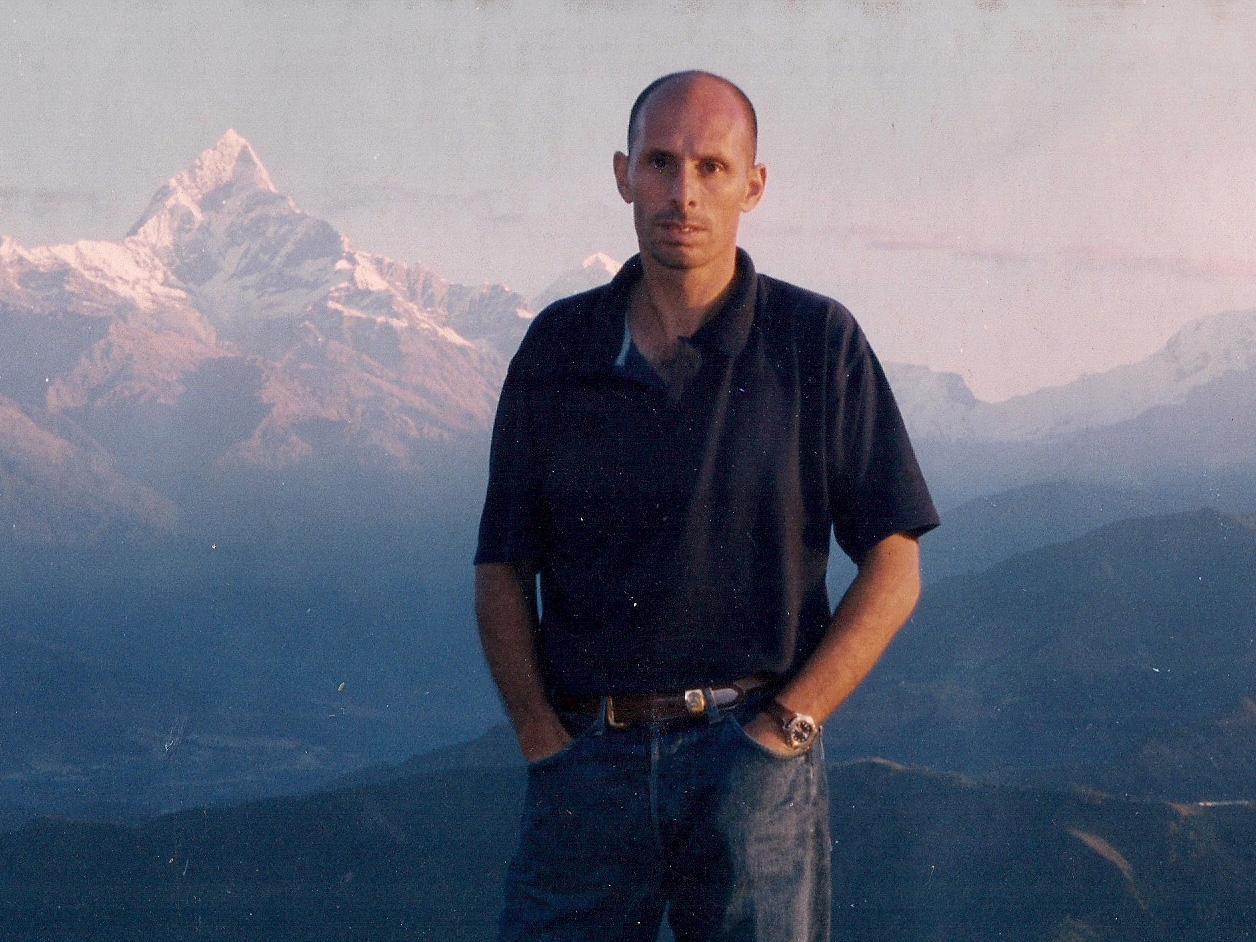
“Go back to Rwanda, they were 155 [in the Fifa rankings] when I came [in 2014]. When I left [a year later], they were 64.
“Salamina were second to last in the Cypriot Second Division when I arrived. We won promotion and were fifth in the league the following year and beat Apoel of Nicosia, who were in the last eight of the Champions League.”
“But can he do it in England?” he adds, sarcastically. “You’ve got so many guys in England who are there and have failed numerous times and who are still there. I see them [club owners] bringing in some foreign coaches and think one day someone is going to say: ‘Come on, we’ve brought this guy or that guy, why don’t we bring you? You’re English’.
“I’m not coaching Barcelona or Real Madrid, but I don’t know how some of these chairmen make some of these decisions.”
I jokingly put it to Constantine that Jose Mourinho would never have faced the ordeals he has – including fearing his Malawi players could be attacked by deadly mosquitoes given the nets on their beds had “big holes in them”.
“Do you think he’d [Mourinho] be able to deal with that?” he retorts. “Do you think going back and looking at some of the places and things I’ve had to deal with, do you think I couldn’t be able to deal with at least a Championship club in England? Bob Bradley got the Swansea job [last year]. He did a great job in Norway [at Stabæk Fotball], but we know why he got the job. Because of the American owners [at Swansea].”
In addition to criticising some chairmen’s intransigent and baffling overseas recruitment policy, Constantine also laments the folly of choosing Englishmen on the strength of their name and playing career.
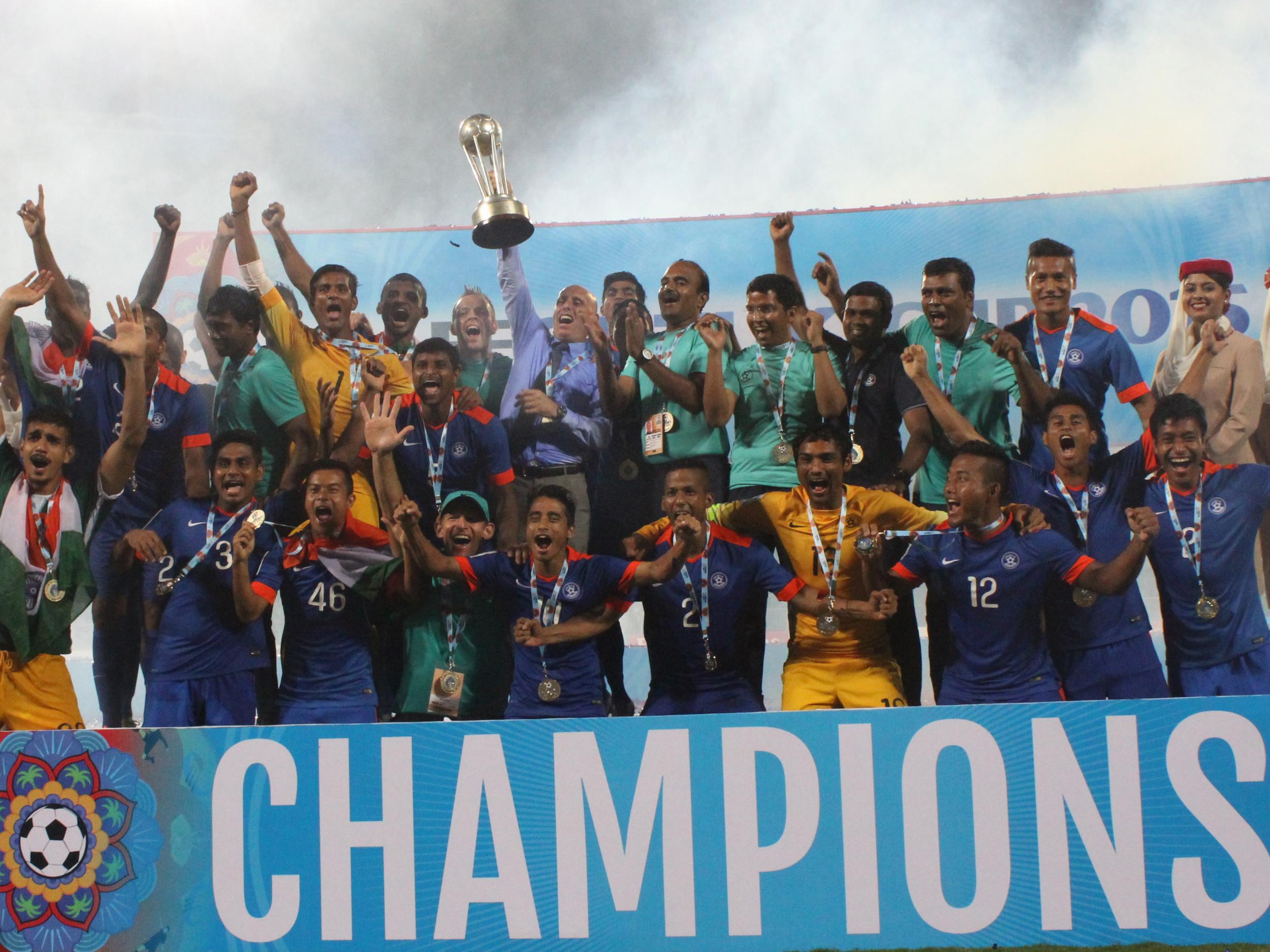
He recalls in his book how the England manager, Gareth Southgate, was appointed Middlesbrough boss in 2006, despite not having the required Pro Licence and any managerial experience.
Constantine, meanwhile, had secured his Pro Licence – studying alongside the likes of Steve McLaren and Mark Hughes – by forking out £10,000 and “flying halfway round the world”.
“It’s a kick in the teeth when an ex-professional player skips the queue,” he says. “I think Gareth was very fortunate to get the Middlesbrough job – and says so himself. How he got the England job, I don’t know. He certainly didn’t meet the criteria that they [the FA] were asking for.
“We talk very much about getting qualifications in England and people are getting overlooked because they’re not the right face or they didn’t play for this team or that team.
“I just think that’s not right, but that’s just the way it is. I have international experience. I have worldwide connections like no-one else, be it looking at players or finding players in just about every country you can imagine.”
There is at least one member of English football’s cognoscenti who appreciates Constantine’s work – Arsene Wenger.
He met the manager of the club he supports while doing his Pro Licence, and was left stunned when the Arsenal boss remarked: “I know all about you. If you’d done in Europe what you’ve done in Asia, you’d be coaching in the Champions League by now.”
“I’ve not had the opportunity to be at a big club for people to say: ‘Yeah, he can handle it’,” Constantine adds. “What’s to handle? Do you think there’s less pressure on me in a country [India] of 1.3 billion people than if I managed a Championship club or a Premier League club. No, I’m sorry, that’s not pressure.”
Attempting to transform India into a footballing superpower is a pressure that Constantine is clearly heartily embracing.
The Blue Tigers are on course to reach only their fourth Asian Cup, the continent’s premier tournament, as they are the unbeaten leaders of their 2019 qualifying group by three points with four games remaining.
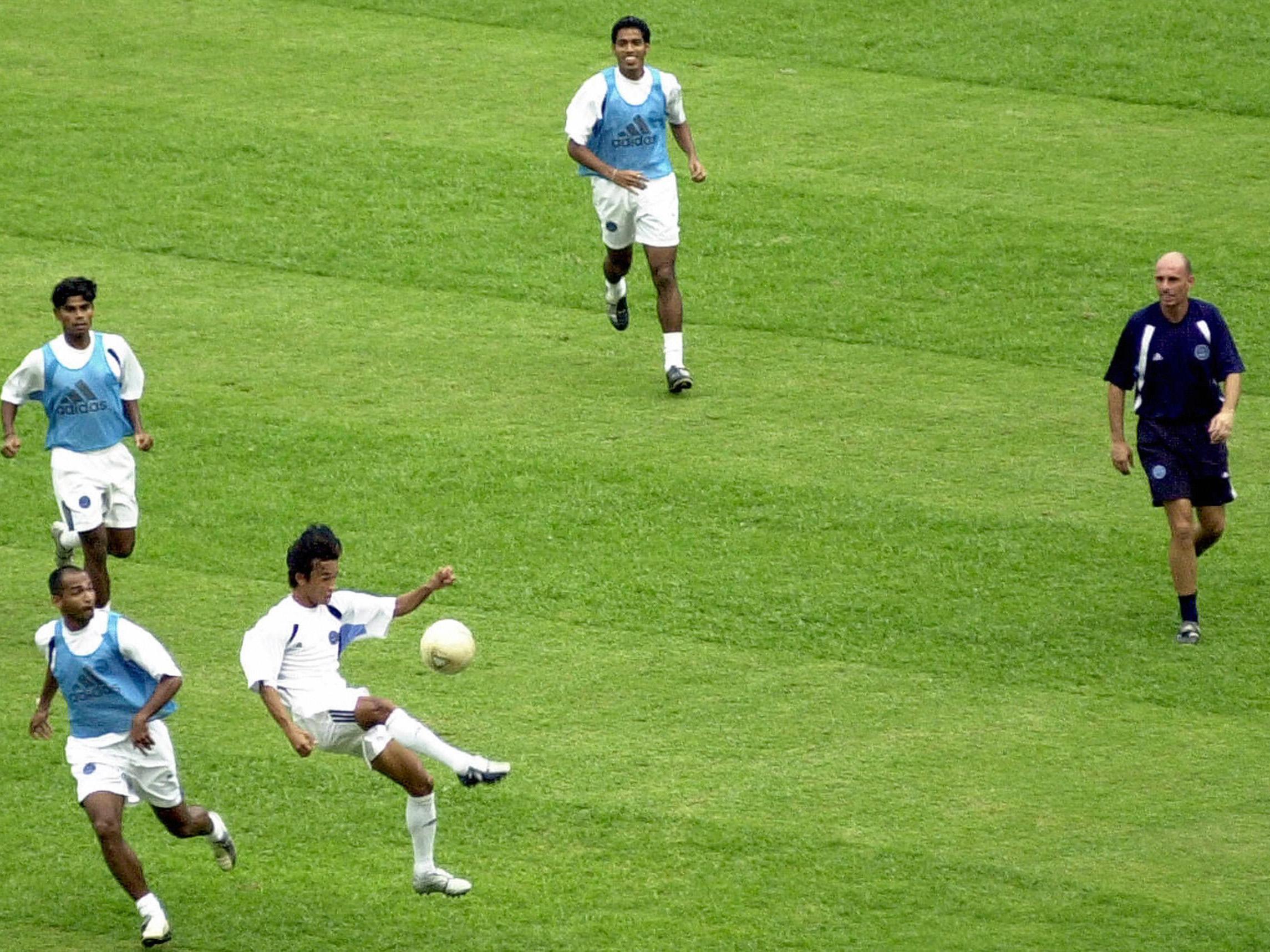
Constantine says interest in football in the slumbering giant has “risen dramatically” in recent years, thanks largely to the inception of the Indian Super League in 2013.
The 10-team ISL, which follows the successful model of cricket’s Indian Premier League, has previously attracted superstars such as Roberto Carlos and Alessandro Del Piero, while Teddy Sheringham was appointed manager of Atletico de Kolkata last month.
Boosting Constantine’s national team cause is the fact that a growing number of Indian players are playing in the ISL – and India’s main professional league the I League – alongside the high-profile foreign imports.
He has also taken charge of the India Under-23 team and blooded youngsters who do not currently play for a club – let alone have any international experience.
Now Constantine is eager to support the burgeoning progress of fledgling footballers in England, whose U20s and U19s have celebrated World Cup and European glory respectively this summer.
“The Under-17 World Cup is in India [in October] and the FA have reached out [to me] and I will help them as much as I can. That in itself is recognition from them.
“I’m not saying give me the England job, but if you’ve got the knowledge of people out there, use them. If you’re English, you want to help England.”
‘From Delhi to the Den’ is out now and can be bought from www.decoubertin.co.uk/Constantine, priced £12.99.
Join our commenting forum
Join thought-provoking conversations, follow other Independent readers and see their replies
Comments